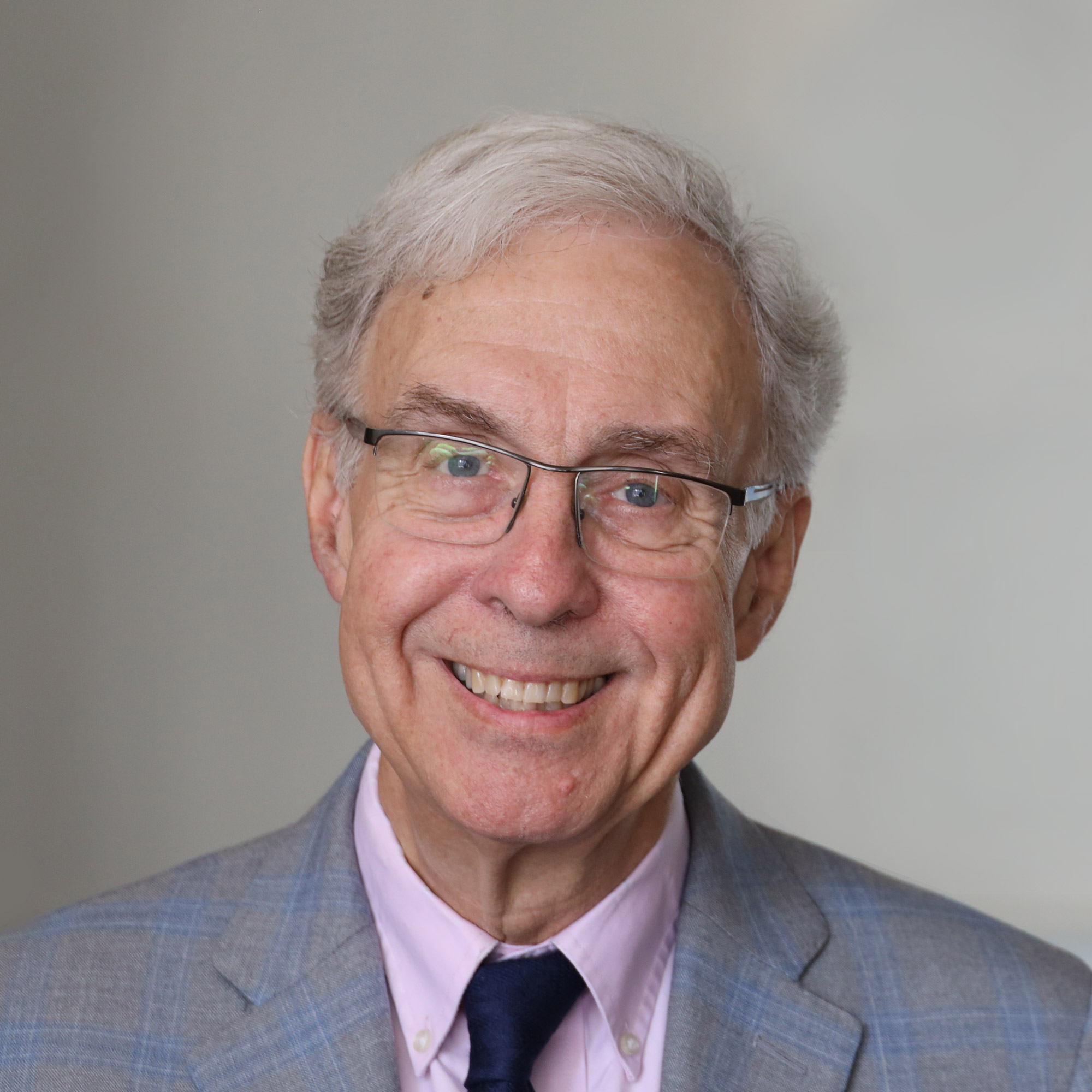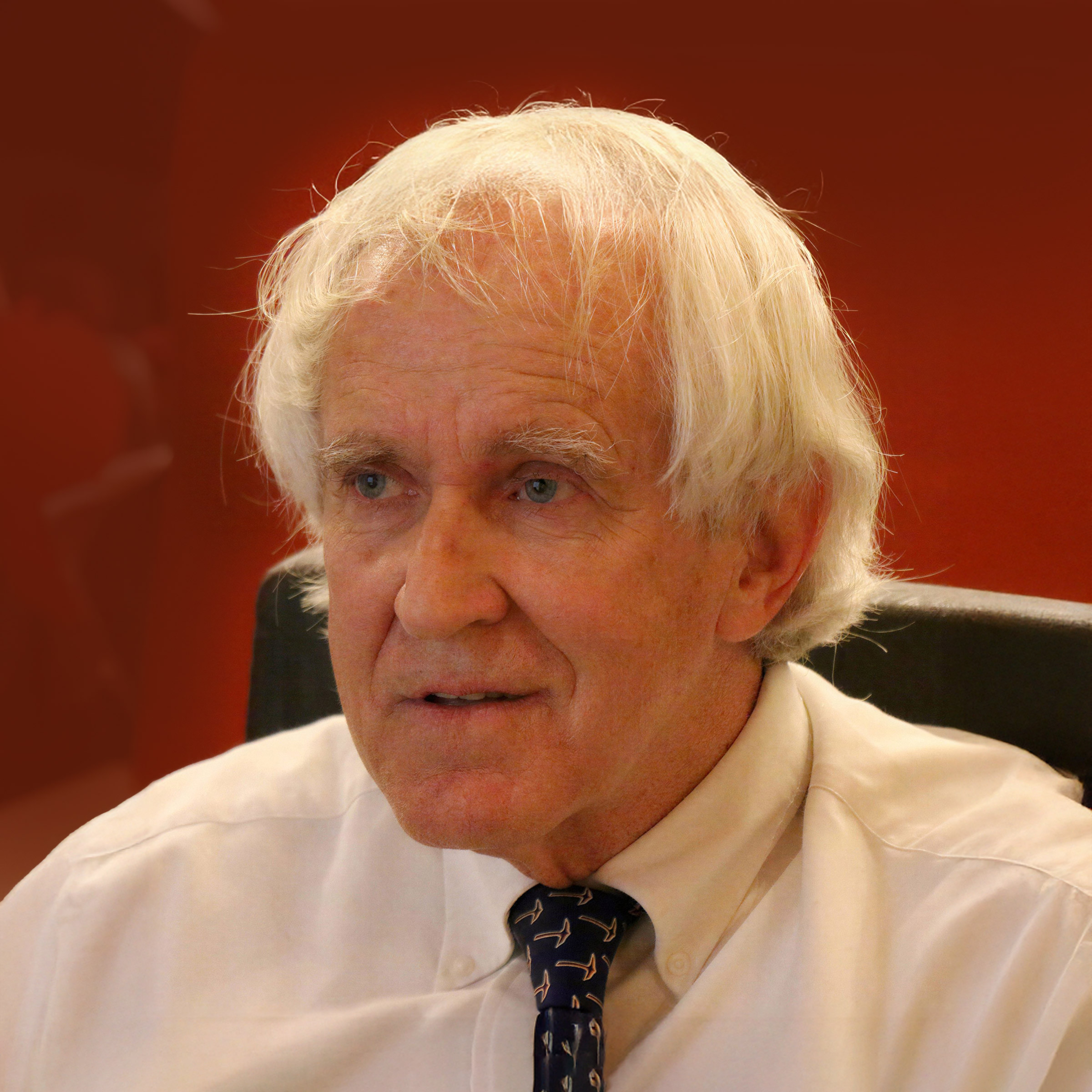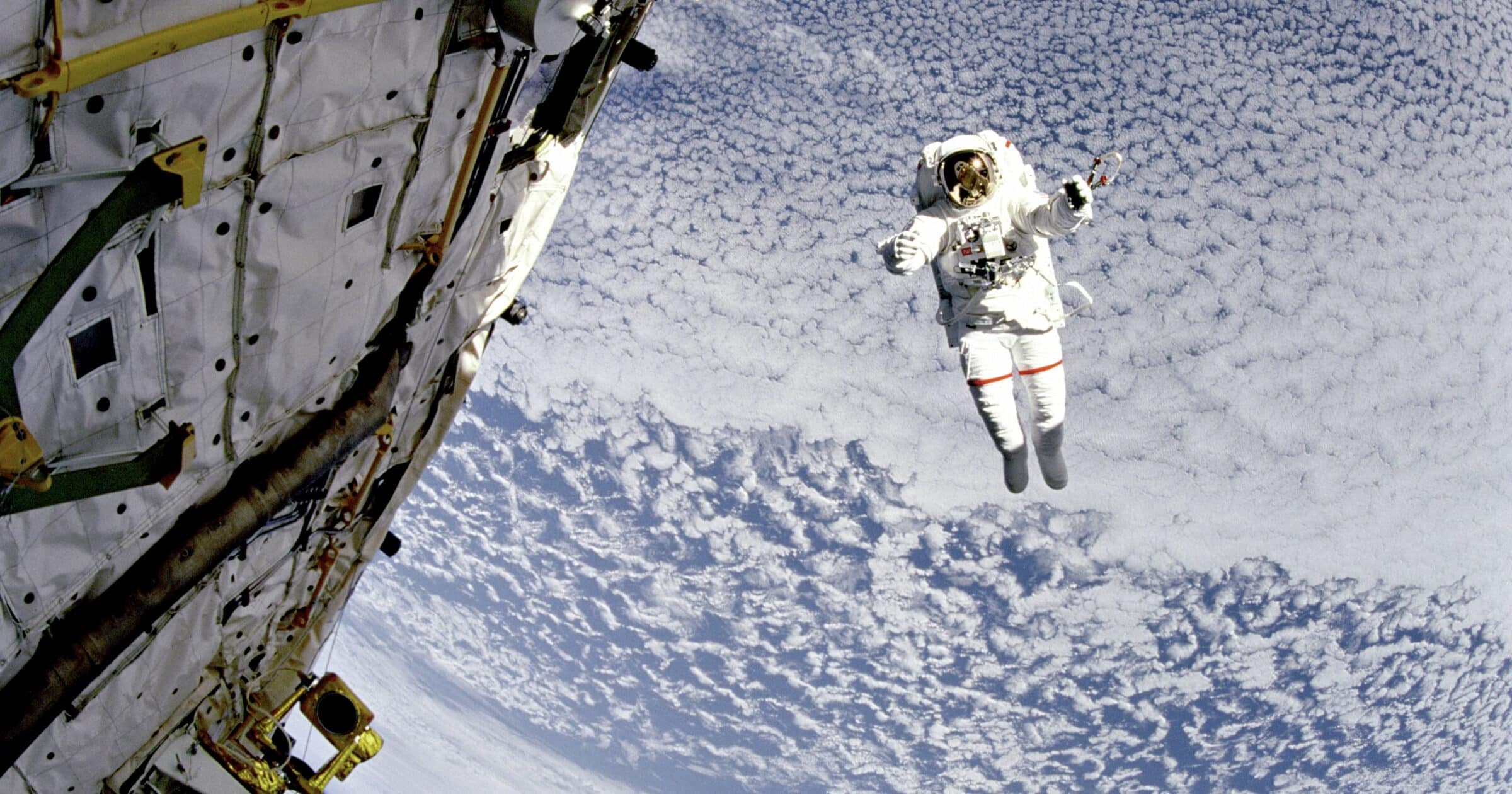On a classic episode of ID the Future, Dr. Paul Nelson talks with Dr. Wolf-Ekkehard Lönnig, retired geneticist at the Max Planck Institute for Plant Breeding Research in Germany, about randomness in natural selection and why randomness is such a controversial topic.
Dr. Lönnig argues that randomness is an inescapable component of natural selection, particularly within the neo-Darwinian framework. He contends that the immense number of offspring produced by many organisms results in a vast elimination of individuals through random chance, not necessarily due to superior fitness, especially during juvenile stages. Lönnig suggests that the idea of randomness as a primary driver for the origin of complex structures is unintuitive and implausible when considering the intricate design of living things: “To explain them by an endless series of accidental mutations,” says Dr. Lönnig, “doesn’t seem reasonable…” These remarks between Drs. Nelson and Lönnig serve to highlight the controversy surrounding randomness in evolutionary explanations and its perceived conflict with the appearance of design in biology. Download the podcast or listen to it here.
Dig Deeper
- Visit Dr. Lönnig’s website to learn more about his work and publications.
- Look here for more discussion with Dr. Lönnig on ID the Future.









































